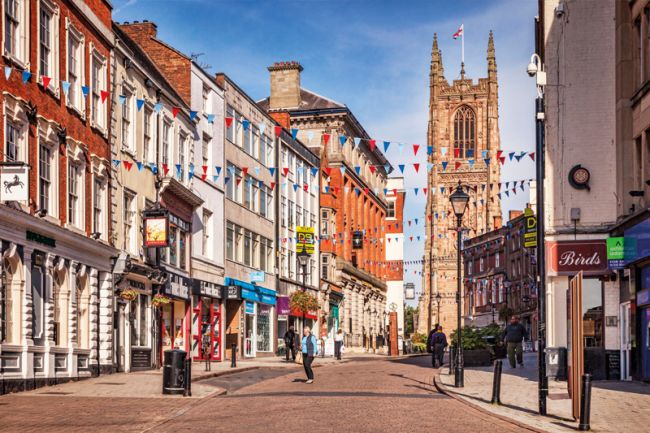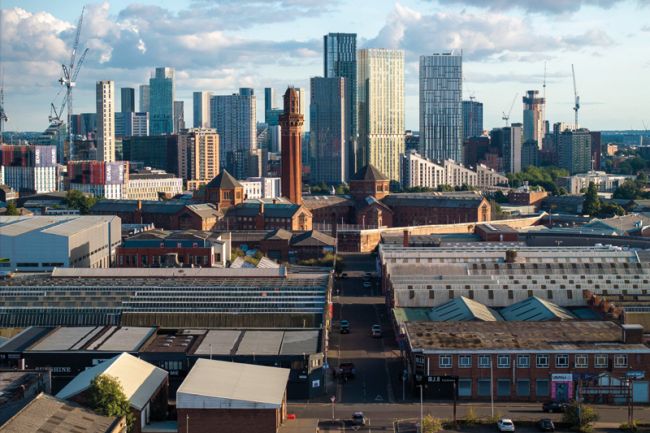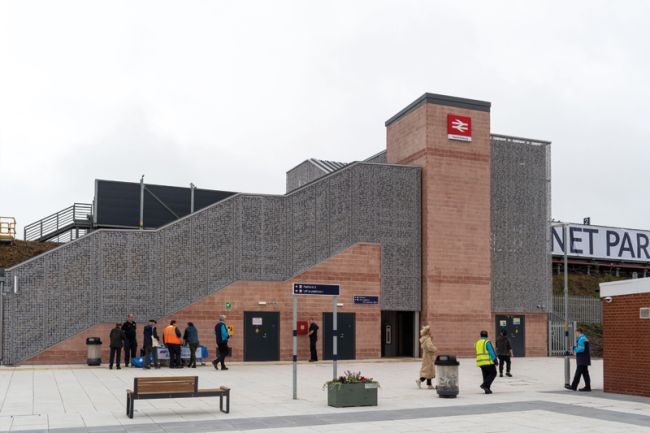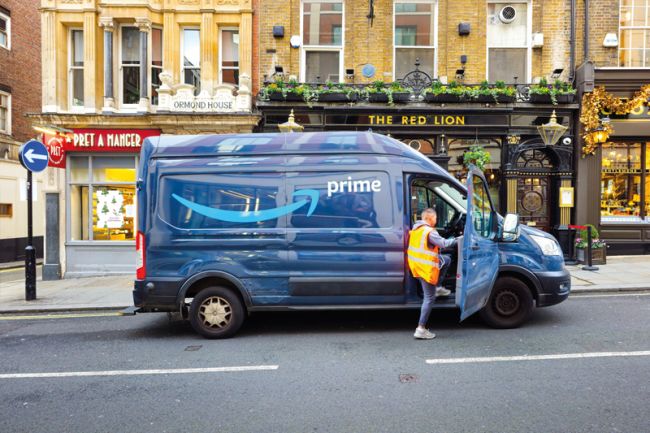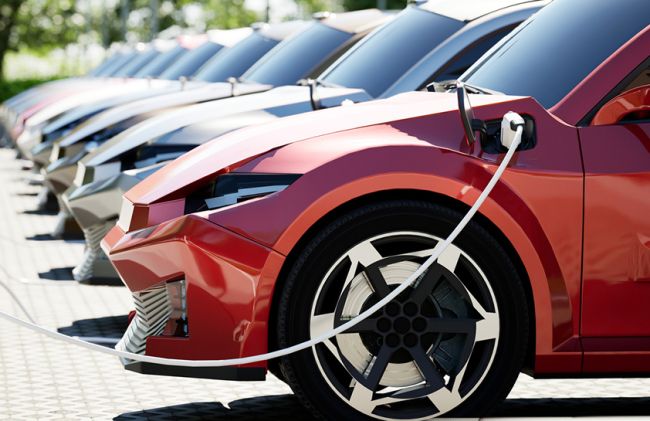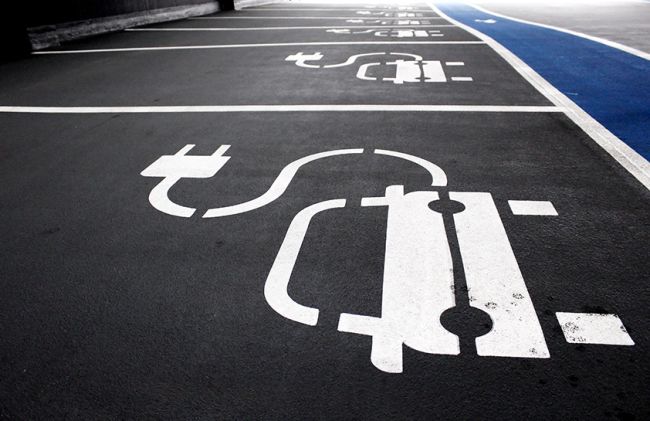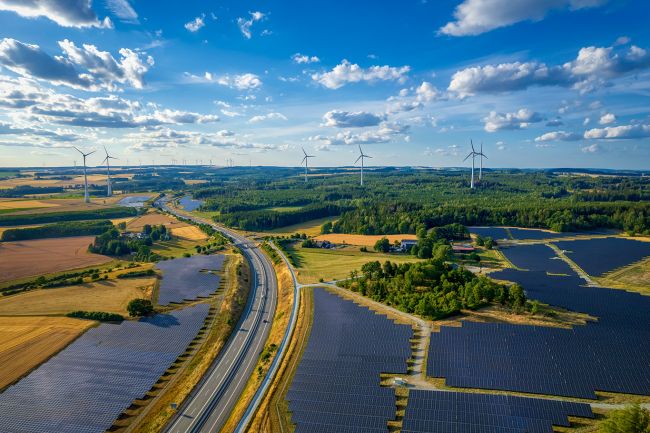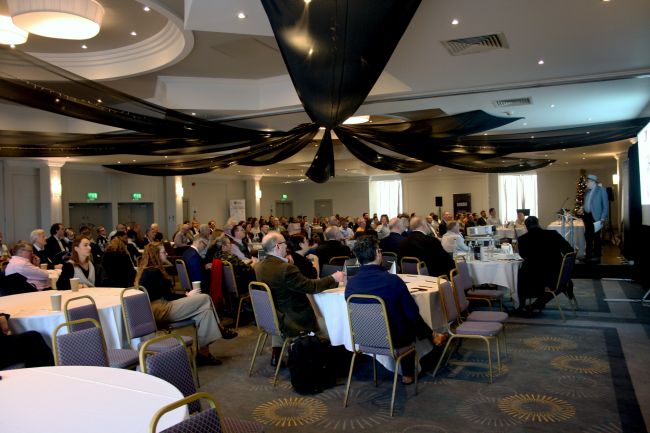In Suburbia: cost of living will hit the 80%
There has always been a significant focus on the needs of our larger and more densely populated cities.

There has always been a significant focus on the needs of our larger and more densely populated cities. These mass metropolitans drive much of our economy (62% of GVA), have continued to grow and, though they have their issues, they are seen as places with good accessibility to jobs, health, education and culture. There has also been, not unsurprisingly, renewed interest in the connectivity and sustainability of Britain's rural communities. The challenge of providing welfare and access to these dispersed communities has been demanding for many years - these are communities not easily served by cycle hire schemes or limited range electric vehicles.
But what about the nation's suburbs? This loosely defined term might encapsulate a significant proportion of Britain's population - the Urban Transport Group estimate that 80% of the population reside in communities of low density, low-rise residential housing with an interdependent relationship with a town or a city.
These mass dwelling spaces may not readily tap into opportunities afforded by densities of population and productivity such as mass transit, agglomeration of common interest, shared services and utilities such as local heat networks. Furthermore, I'd argue that the tipping point for intervention and material change in these places is more opaque as there is less clarity of shared goals and common impetus to act.
The UTG's recent research recognised that the suburbs are not a homogenous "sleepy suburban dormitory" but are likely to contain a diverse set of people and experiences of life. As inflation hits our everyday lives perhaps these communities will see more of the cost of living impacts:
- Energy costs - larger homes, no city centre heat retention or shared occupancy gain
- Private travel costs - more car dependency given their dispersed built form
- Public travel costs - longer distance journeys to employment centres mean that commuting costs can sometimes represent a larger proportion of household income
- Childcare - these are communities favoured by families and arguably the family faces increased cost pressure given the 'non-productive family members' that need to be fed, clothed and sheltered
So what is to be done? The UTG has four main suggestions:
- In the pandemic Steer was not alone in noting the resilience of local centres and we spoke of the "15 minute neighbourhood". These local centres reduced Covid risks but they were also highly convenient for the traditional commuters now remote working from home. As the UTG suggests perhaps we need to "help people to access more of what they need locally".
- The UTG also notes that we need to consider "gentle densification around sustainable transport infrastructure". This densification can provide much needed additional housing but it can also support the presence of retail, health and education amenities that depend on footfall to be profitable or efficient with taxpayers money.
- Recognise the family and "provide family-friend sustainable transport choices" whether that's wrestling the Low Traffic Neighbourhood challenge, providing improved cycle and walking connectivity. embracing e-mobility or just slowing traffic.
- To avoid isolation and growing inequity provide "reliable, convenient connections to the nearest town or city and employment sites" which could be through traditional modes such as bus or by actively encouraging shared mobility.
I am sure the politics over the coming weeks will be fraught as the new Prime Minister wrestles multiple challenges and the new Cabinet stretches their muscle to test their political power and departmental spending constraints to create and implement policy. It will be interesting to see how our suburb communities feature in the emerging agenda. (Another of my music allegories now) The Pet Shop Boys sang in their song Suburbia "It's on the front page of the papers, This is their hour of need". Perhaps now the media headlines will call more boldly for action in suburbia otherwise the quote below could come to be a symbol for depressed suburbia and we will all "run with the dogs tonight".
You can read the Urban Transport Group's research here: UTG The Good Life FINAL_0.pdf (urbantransportgroup.org). And if you want you can listen to the In Suburbia here: Pet Shop Boys - Suburbia - YouTube



